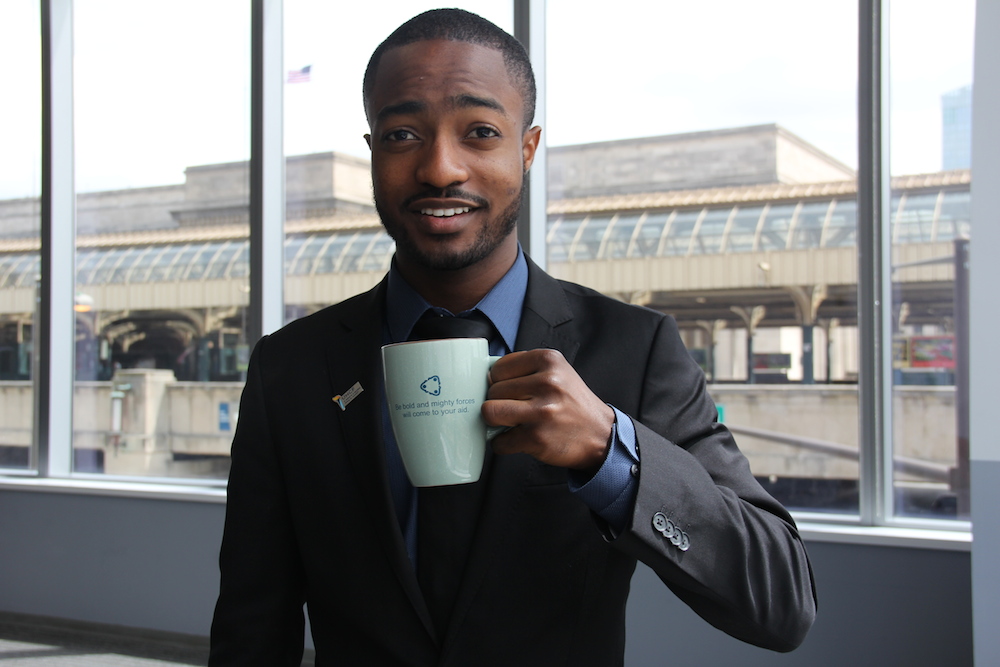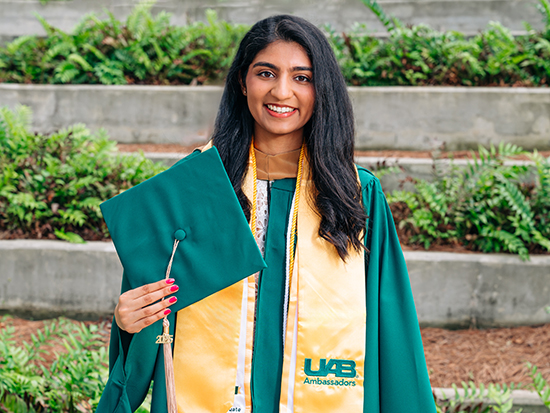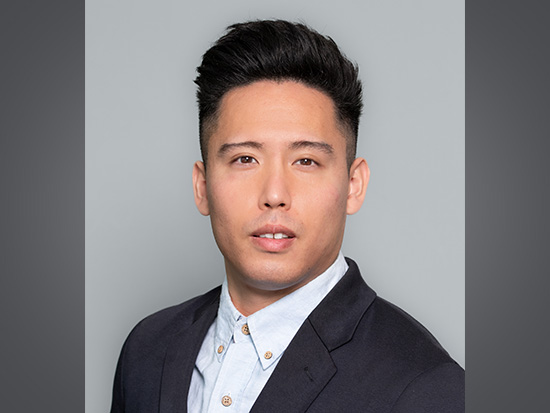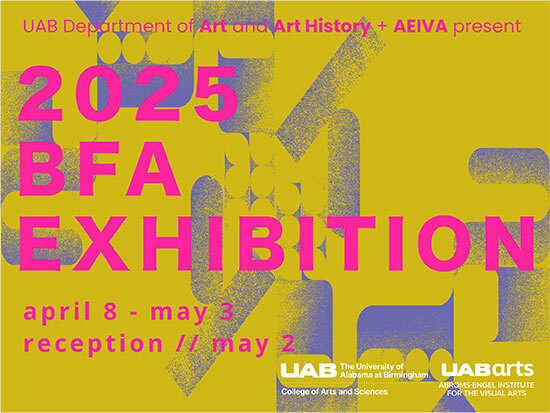Neuroscience is undoubtedly one of the fastest growing majors out there. Growing up, I heard interesting facts about the brain, and how humans have millions of neurons. Of course, as a kid, I thought it was impossible for millions of things to fit in my little head. The fact that I could not find any meaning to this piqued my interest to learn more about the brain. After high school, I decided upon a career path to medicine, but had no idea of how best to navigate to my goal. My dad later told me to look into UAB, which according to him has “one of the best medical programs in the country.” I enrolled without any clue what to major in, and I switched majors about two times before I finally heard about the Neuroscience program. Towards the end of my freshman year, I contacted the director of Neuroscience program. He interviewed me and told me my acceptance into the program would be based on my desire and how well I perform at the end of my freshman year.
 I started research in Dr. Rita Cowell’s Neuropsychiatry laboratory my sophomore year. There, I was exposed to the world of research, and I received training on basic protocol such as PCR, genotyping, and immunostaining. My first few months in research were not as smooth as I thought they would be, I experienced days with success and failure. The most challenging part of first time research is the confusion. There were days when I struggled with proper organization, and there were also days when I was lost on protocols. I got better with organization and knew my way around lab settings after a while, and this really helped me with school as well.
I started research in Dr. Rita Cowell’s Neuropsychiatry laboratory my sophomore year. There, I was exposed to the world of research, and I received training on basic protocol such as PCR, genotyping, and immunostaining. My first few months in research were not as smooth as I thought they would be, I experienced days with success and failure. The most challenging part of first time research is the confusion. There were days when I struggled with proper organization, and there were also days when I was lost on protocols. I got better with organization and knew my way around lab settings after a while, and this really helped me with school as well.I later joined Dr. Kazutoshi Nakazawa’s Neurobiology/behavioral psychiatry lab, where I began working on my Honors thesis: establishing a new protocol of optogenetics. I am researching an easier way for reading gamma oscillation, which is a neural correlate/biomarker in schizophrenic mice model. My focus is on the somatosensory cortex due to easy accessibility. Right now, I am exploring time and level of correlation of expression between two different channelrhodopsin viral strains in a fast spiking interneuron called parvalbumin. I have been working on this project for about 20 months, and unfortunately, time is a limiting factor. I plan on spending the next two months wrapping up my findings and hopefully get my final paper out of it. Through my time in this lab I received the UNCF Merck fellowship award, Trow Scholar nomination, and Ehney A Camp Scholar.
My time at UAB has really helped me reach my full potential. I have gotten involved in a lot of school organizations that have helped me grow. Students in the Neuroscience program are the upper 2% of the student population at UAB. They are intelligent, friendly, and keep a close knit community. Most of the students in this program are leaders of different organizations on campus. We all started with Intro to Neuroscience during our sophomore year, and contrary to popular belief, the intra-program competition has been really friendly! I am also involved in the Science and Honors Technology Honors program, which also encourages innovation, service learning, and experience in research. Through my time at UAB, I have also participated in community improvement programs and I am currently an International Mentor under the Student Multicultural and Diversity Program.
I am currently awaiting acceptance to medical school. I hope I can continue at the UAB School of medicine for another four years. Additionally, I hope my experiences will help me incorporate research with medical practice as a doctor. If I could go back to the young me that was nervous about UAB and switching to UNP program three years ago, I would say “smile, for you made the right decision.”


